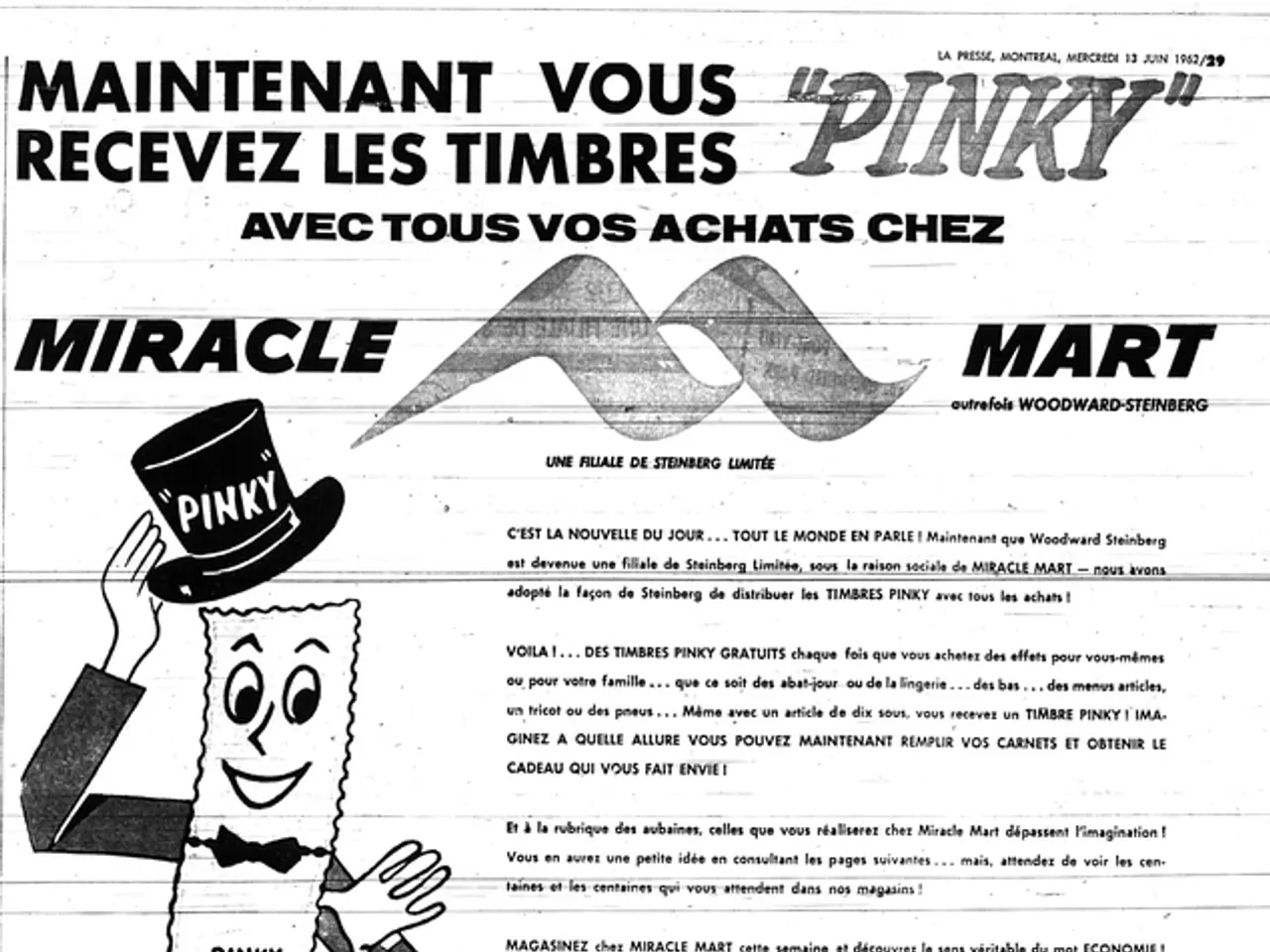Criticizes FCC Commissioner towards Paramount's recently announced 'Truth Umpire' for the Trump Administration
The recent merger between Hollywood giants Paramount and Skydance has sparked controversy, with concerns over corporate influence, editorial independence, and diversity policies at the heart of the debate.
The Federal Communications Commission (FCC) approved the $8 billion merger in a contentious 2-1 vote, with FCC Commissioner Anna Gomez voicing her dissent, calling it a "cowardly capitulation" to political pressures. Gomez believes the merger was expedited to settle a politically charged lawsuit and appease the White House.
One of the most significant points of contention is the installation of an ombudsman, or "truth arbiter," at CBS News. This individual will be responsible for monitoring and investigating complaints about bias in the outlet’s reporting and reporting directly to Skydance CEO David Ellison. CBS staff members view this as a transformation of the newsroom into one overseen by a "hall monitor," raising fears about editorial interference, censorship, and a chilling effect on journalistic independence.
The merger also involves the dismantling of Paramount’s diversity, equity, and inclusion (DEI) initiatives, which had been significant within CBS News. This decision has alarmed CBS insiders who see it as a rollback of progressive policies aimed at ensuring diverse viewpoints and fair representation.
Critics fear that new ownership by Skydance, with its push to "rebuild" Paramount+ and transform into a "tech hybrid," could prioritize commercial and political concerns over journalistic standards, potentially reducing the availability of reliable and diverse news content.
Internal dissent around the merger's terms, especially from National Amusements (Redstone family), due to concerns over payment and legal liabilities, adds corporate tension to the controversy.
FCC Commissioner Gomez asserts that the merger is a betrayal of journalistic independence and the public trust, and she urges others to take notice and find their courage. She emphasizes that the First Amendment must mean that no government, regardless of party, gets to decide what is true, who gets heard, or which voices are silenced.
The controversy surrounds fears that the merger will lead to less diversity in news coverage, loss of journalistic independence, and political motivations influencing media control—all exacerbated by the abrupt dismantling of DEI initiatives and corporate conflicts behind the scenes.
In a broader context, Gomez believes that this is part of an administration's campaign to silence critics, gain favorable coverage, and impose ideological conformity on newsrooms. It remains unclear what the average person can do in an environment like this, as the merged companies, now known as "new Paramount," continue to navigate the complexities of media, politics, and corporate interests.
- The future of tech hybrid Paramount+, following its merger with Skydance, could prioritize commercial and political concerns over journalistic standards, potentially reducing the availability of reliable and diverse news content.
- The dissenting FCC Commissioner, Anna Gomez, argues that the merger is a betrayal of journalistic independence and public trust, and asserts that the First Amendment must protect against governments deciding what is true, who gets heard, or which voices are silenced.
- stations, especially those under the influence of new Paramount, as fears of biased reporting, editorial interference, and censorship continue to dominate discussions related to war-and-conflicts, policy-and-legislation, general-news, and technology.
- Amidst the controversy, questions about the role of politics and policy-and-legislation in shaping the future of media and technology have become increasingly significant, with calls for strengthened oversight and regulations growing louder from various media, political, and social sectors.





